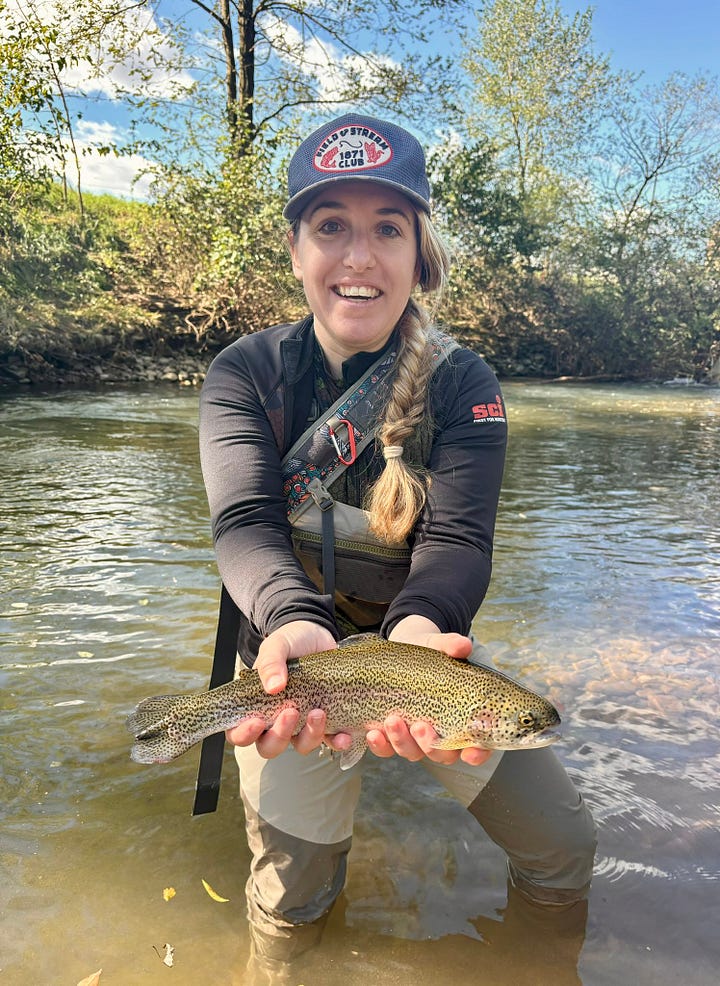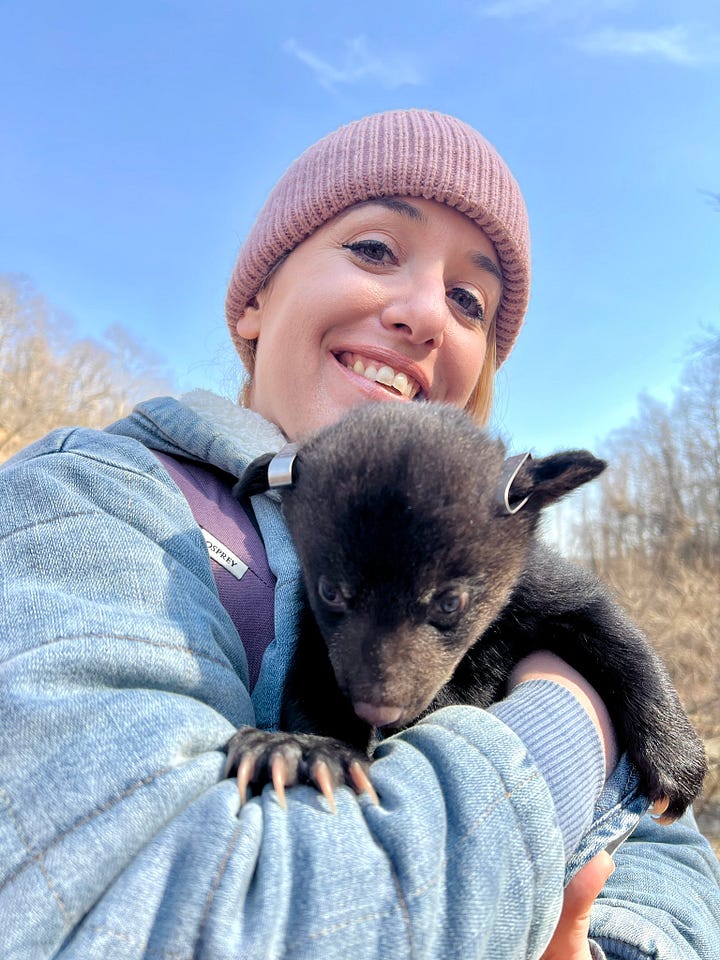

Happy Earth Day, fellow conservationists!
I used to balk at this holiday, given its rather dirty origins. One of its co-founders and first organizers, Ira Einhorn, as Katie Pavlich pointed out today, killed and composted his girlfriend.
Don’t take our word for it. NBC reported on this in 2011:
Ira Einhorn was on stage hosting the first Earth Day event at the Fairmount Park in Philadelphia on April 22, 1970. Seven years later, police raided his closet and found the "composted" body of his ex-girlfriend inside a trunk.
The holiday is also traditionally associated with rewilding, anti-humanism, and extreme climatism—qualities far removed from actual conservation efforts. That’s truly sad, if you ask me.
That’s why, for several years, I’ve been arguing to make the holiday - and environmentalism, in general - more conservationist.
As I frequently write here, conservation is the wise use of natural resources. This view of environmentalism is pro-human and pro-nature; it doesn’t view these two things at odds with each other. This thinking rejects overdevelopment as well as rewildling nature to pre-human settlement.
Preservation - the viewpoint radical environmentalists and far-leftists cling to and erroneously conflate conservation with - views human input, especially when well-intended, as detrimental to nature. This is manifested by blocking permitting reform, opposing construction of necessary energy projects, fiercely regulating hunting and fishing out of existence, and propping up unreliable, environmentally-destructive solar and wind projects. These people seriously can’t quit these projects, even though nuclear reactors are actually clean and have virtually no physically and atmospheric impact on land and air, respectively. But I digress.
Earth Day needs to be rewired and reoriented to be conservationist—not preservationist—in nature. That also means examining who the actual biggest drivers (and funders) of conservation are: gun owners, anglers, and hunters.
Since 1937, sportsmen and women have pumped back nearly $30 billion to habitat restoration and wildlife conservation efforts through the Pittman-Robertson and Dingell-Johnson Acts.
Can the same be said of legacy environmental groups? NO. They obstruct and don’t have the monetary footprint to back up their claims about being conservationists.
Therefore, if you like conservation, thank hunters and anglers. The proof is in the pudding.
Happy Earth Day!




Very well written, ma'am. Thank you. Those who would promote unicorn farts and fairy dust to power the world need to consider your definition: conservation is the wise use of natural resources. Renewables do not fit within this definition.
Thanks again.
Have you heard of “Permaculture” where humanity tries to design a permanent agriculture (vs. the current annuals: Corn, Wheat, Soybeans)?